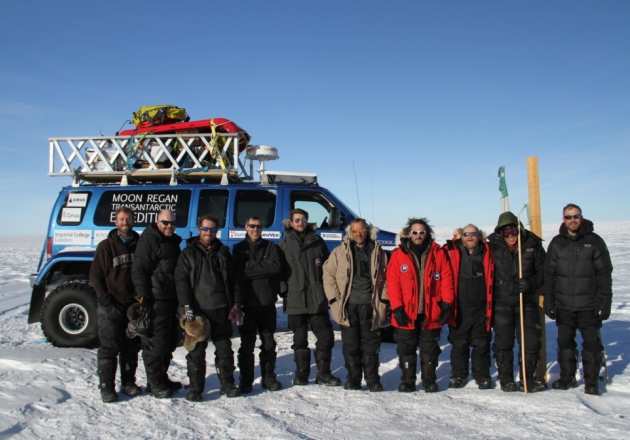Include specialist outdoor activity leaders, drilling contractors, dive services, field study centres, in-country guides, suppliers of specialist equipment and laboratory facilities, etc...

Imperial College has obligations to ensure that any third party provider has considered the health and safety implications of its activities and their potential impacts on Imperial College and its offsite workers, and has minimised or controlled these. A wide range of other third party providers may be used and each of these must be vetted for suitability.
Host or partner organisations responsibilities
Using a third party provider does not absolve Imperial College of its moral and legal obligations. Refer to the COP regarding hosted offsite work.
Use of a third specialist provider may help to improve the overall safety management of the offsite work. However, unless due diligence in the selection of the third party can be demonstrated, overall risks to the College and its off-site workers may be increased.
Previous experience or word of mouth recommendation for a third party provider is in many cases, particularly for overseas providers, the most meaningful and practicable measures available. However to ensure that nothing has changed formal checks should be made prior to the offsite work and records kept, particularly if the third party provider has a safety-critical or supervisory role.
Level of checks required
This will depend upon the individual circumstances of the offsite work and the provider itself. For example, offsite work carried out in Western Europe over a week in which travel and accommodation are provided by a well-known and reputable UK based travel agent, airline and hotel chain is unlikely to require further checks. Whereas six months of data gathering in West Africa where such arrangements are being made by local agents will require verification of the quality and level of the service provided and whether it meets expectations.
PI, PIC, offsite work leader and / or offsite worker reposibilities
Steps must be taken to evaluate the competence of third party providers in order to satisfy themselves that appropriate precautions and safeguards are in place throughout the time they are reliant on that provider. The level of due diligence required will depend upon the circumstances of the offsite work and the provider itself. If there are any doubts switch provider and / or re-evaluate the work plan.
Third party provider responsible for the supervision of your health and safety
This should be agreed with the third party in writing. The extent to which formal contract arrangements are needed will vary depending upon the risk involved and the level of control expected of the third party.
Specify, preferably in writing, the individual competency of third party instructors or specialists. E.g. diving instructors, climbers for canopy access, off road drivers, providers of crew for boats and survey vessels.
Assess the potential insurance liabilities arising from the failure of third party providers and discuss with the College's insurance officer if there are any concerns.
Is there a clear command structure?
While this structure may be perfectly clear on most offsite work, there can be confusion when command passes from the offsite work leader to others, for example a boat skipper or a diving organiser. When this type of transfer occurs, all members of the offsite work team must be kept fully informed.
Exchanging information
The provision and exchange of clear information between the involved parties is critical for all offsite work.
Information must be provided sufficiently well in advance of the proposed work to allow any areas of concern to be raised and addressed. Timely provision of information allows for the purchase of any equipment, further medical advice to be sought if necessary, and adherence to the planning, risk assessment and consent requirements mentioned in earlier sections.